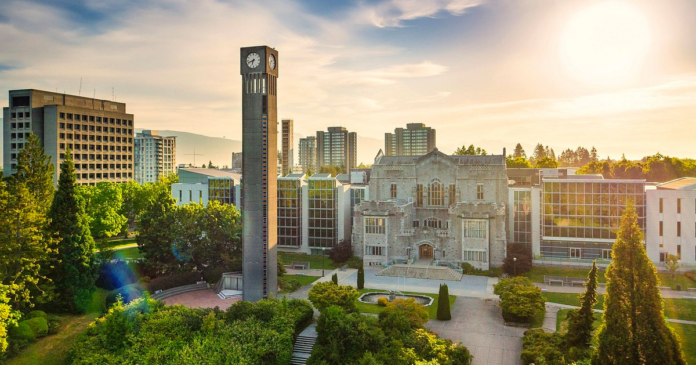White students were excluded from “Decolonial Dialogues” events at the University of British Columbia (UBC) amid organizers wanting to create a “safe space” for those who are Indigenous, black and persons of colour.
The event series is a student-led initiative seeking to cultivate “solidarity among Indigenous, Black and People of Colour (IBPOC) students.” It has received support from several UBC Vancouver offices.
“Coming together in a safe space, IBPOC students will hear from speakers and connect with each other over sincere and courageous conversations on specific themes,” reads a description of the series on UBC’s website.
A now offline sign-up form for “Decolonial Dialogues” noted that “events offered through this series are open to UBC students who identify as Indigenous, Black and Persons of Colour (IBPOC) only.”
The form also stated that “in creating this space, the planning committee recognizes that identity is complex and everyone will come to this space with different lived experiences. Registering and attending the series is based on each individual student’s self-identification and we welcome those who feel they belong in this space in connection to IBPOC identities.”
Registrants were asked on the form to choose one of the three following options; “I understand the intention of this space and look forward to attending,” “I still have questions about the intention of this space and they are…,” and “I am not able to attend.”
The “Decolonial Dialogues” series began in October 2022, and ended this month. Organizers hosted four sessions – all of which took place in UBC’s First Nations Longhouse.
The first session focused on “Narrating Experiences In Storytelling”, the second session focused on “Centering Two-Spirit and IBPOC Voices in Queer Liberation,” the third session focused on “Celebrating Community Wellbeing” while the fourth session, held on Feb 9, focused on “Sustaining Our Futures Together.”
UBC is also currently being asked by activists to create a dedicated space for black students, with Black Student Association member Harmela Kassa telling CBC News that “there are Black students on this campus who need a space, who want a space to connect with other Black students on campus, and we need to facilitate that.”
In response to the request, UBC vice president of students Ainsley Carry told CBC that plans are in the works for such a space, saying “we are leaning toward a multicultural space where different cultural groups can share a large space and, within that large space, have some individualized identified cultural space for Black students.”
Several Canadian universities have recently established segregated spaces for racialized students. Toronto Metropolitan University (formerly Ryerson) now has a “Black Student Lounge,” Trent University’s student union runs a “Freedom Lounge” for non-white students, and Brock University offers a “BIPOC Study Hall.”
UBC representatives did not respond to True North’s request for comment in time for publication.

